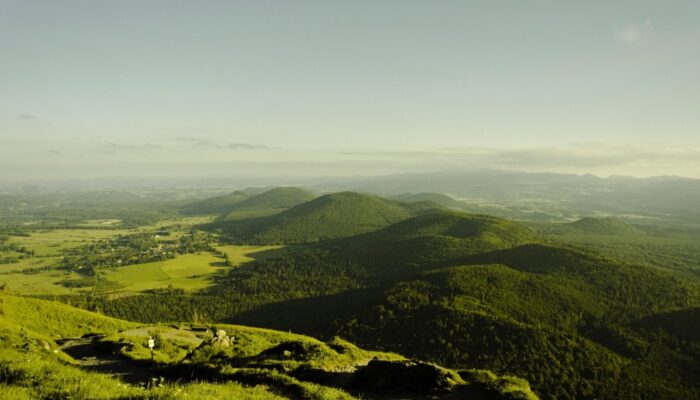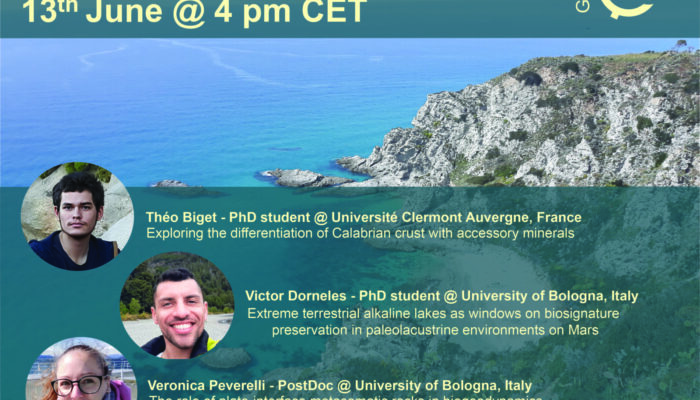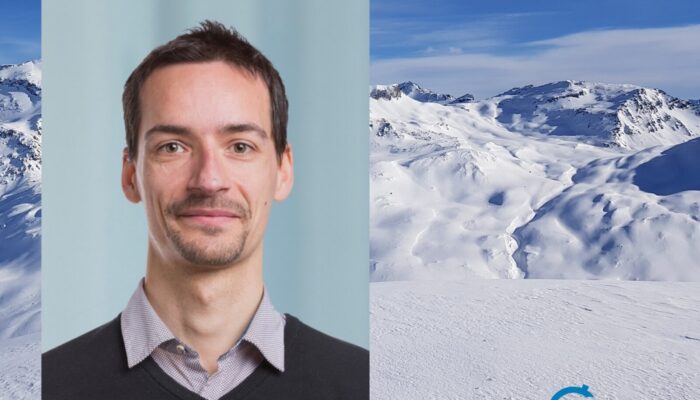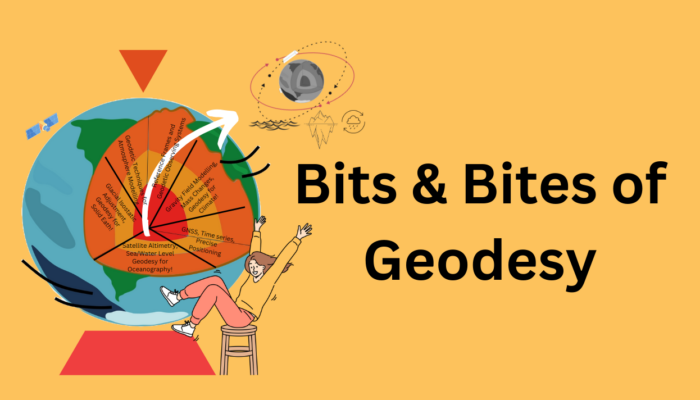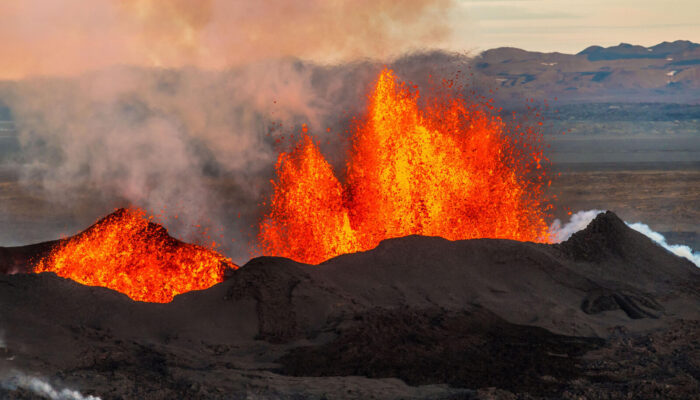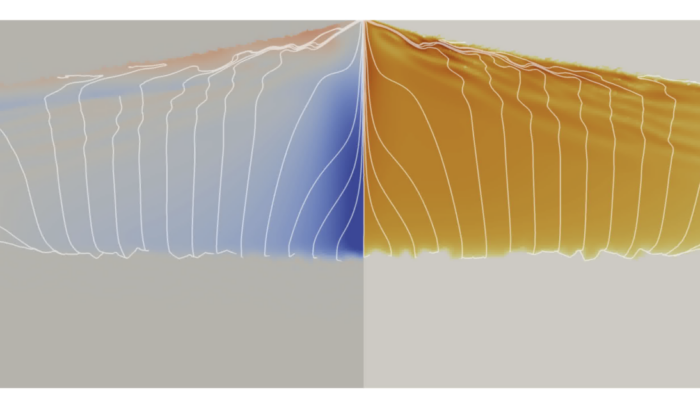Introduction It is sometimes difficult to admit that you are (officially) a nerd, but I have a confession to make. I have collected dinosaurs on stamps for the last thirty years. Over 10,000 of these stamps have been issued across the world, and the vast majority of these issues are in my collection. One question that I am often asked is when the first dinosaur stamp was issued, which turns out to ...[Read More]
Geodynamics
Exploring the Evolution of Rift Magmatism through Numerical Modelling
Continental rifts are a striking manifestation of the forces at work in the Earth’s interior and are often associated with volcanic activity. Contrary to intuition, volcanism is not confined to rift grabens, but migrates as the rifts evolve. How and why this happens is still not clear. This week, Gaetano Ferrante from Rice University, Houston (USA) will share his research with us, showing ho ...[Read More]
Hydrological Sciences
HydroData Chronicles: A global precipitation climatology toolbox and database
Welcome back to the HydroData Chronicles, where we uncover the hidden stories within hydrological data! In our last post, we explored a novel high-resolution, 40-year rainfall dataset covering the Contiguous United States (CONUS), developed developed by Emmanouil et al. in 2021. This time, we dive into the world of precipitation datasets with a promising new tool: the pRecipe package developed by ...[Read More]
Geochemistry, Mineralogy, Petrology & Volcanology
EGU GMPV ECS Campfires – Thursday June 13th @ 4pm CEST
The third edition of the Geochemistry, Mineralogy, Petrology and Volcanology division’s ECS talks – the Campfires – of 2024 is right at the door and will take place on Thursday June 13th at 4 pm CEST on Zoom. This edition will be a Scientific Campfire, during which three early career scientists will present their latest work to the community. Our speakers for this edition are: Théo ...[Read More]
Geodynamics
The Sassy Scientist – To fly or to couch surf
One thing that the COVID pandemic has left us is the flexibility to attend a conference either in person or virtually. This has been the case for the last three editions of the EGU GA. As the deadline for an expected conference approaches, we face the dilemma of whether to attend it in person or opt for the virtual experience. Louis is asking: Should I fly to attend this conference or should I wat ...[Read More]
Cryospheric Sciences
Cryoscientist life stories – an interview with our incoming deputy division president, Daniel Farinotti
We would like to introduce Daniel Farinotti to you, our Cryosphere Division incoming deputy president, who will take over as division president from 2025-2027. For that, our Cryosphere Division outreach officer, Larissa van der Laan, interviewed Daniel at the EGU General Assembly in April 2024, to ask him a few questions about himself and his view of this exciting role within the EGU. Larissa: Hi ...[Read More]
Geodesy
Bits and Bites of Geodesy – Satellite altimetry: What else can we do with it?
In the previous post of this series, we learned how we can use satellite radar altimetry to retrieve highly accurate estimates of global sea level changes. If only reading “sea level” triggers your climate anxiety – we got you covered! In this post we will introduce you to three more applications of radar altimetry, where the first two are not directly connected to climate change. Instead, w ...[Read More]
Hydrological Sciences
Public engagement in science: how to position ourselves?
The recent student protests against the war in Gaza reminded all of us that being a member of the academic community requires us to reflect upon our role in society. In Switzerland, the university occupations (see SwissInfo) led to several open letter-type reactions from academic staff, either supporting the protests or on the contrary, recalling that scientists should abstain from activism. This ...[Read More]
Geodynamics
Unravelling the Magma Plumbing network of the Deccan Traps
In this week’s blog, Garima Shukla, ECS representative of the Geodynamics Division and PhD student at the Indian Institute of Science Education and Research, Bhopal, India, working with Dr. Jyotirmoy Mallik, discusses her research involving fieldwork and statistical calculations. Her research also delves into rock magnetism and palaeomagnetism to unravel the longstanding enigmas surrounding ...[Read More]
Geodynamics
Two phase or not two phase
In this week’s blog Shi Joyce Sim from Georgia Institute of Technology shares the underlying science behind two-phase flow dynamics. A talk at the Lunar and Planetary Science Conference in March got me thinking. Basically, the presenter described how boundary layers grow over time, a phenomenon that cannot be captured using one dimensional models and necessitates modeling in higher dimensi ...[Read More]


